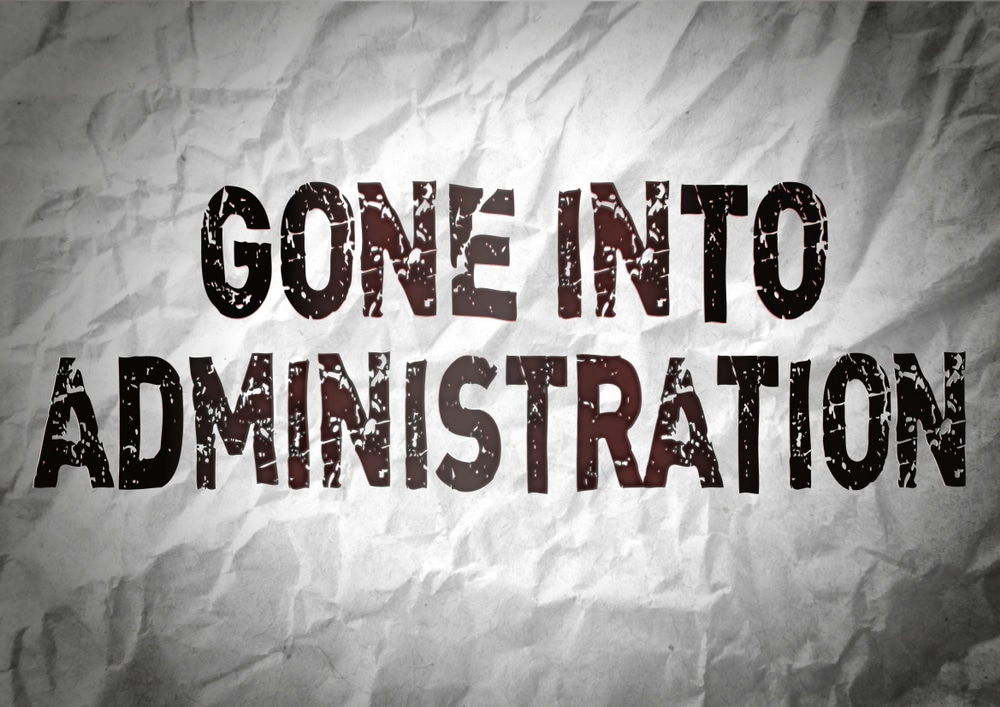Understanding Company Administration: What Happens When a Company Goes into Administration in the UK?
Understanding Company Administration: What Happens When a Company Goes into Administration in the UK?
Blog Article
Discovering the Effect of an Organization Entering Into Administration
When a business goes into administration, the effects waterfall past its immediate boundaries, sending out surges through various balls. As we browse via the diverse landscape of an organization facing administration, a much deeper understanding of its implications arises, dropping light on the intricacies that unravel when the fate of a venture hangs in the balance.
Immediate Effect On Procedures
When a business goes into management, the immediate effect on its operations can be considerable, influencing numerous facets of its working. Among the primary repercussions is the interruption in everyday tasks. With uncertainty surrounding the future of the company, employees may experience distress, causing lowered efficiency and inspiration. Moreover, providers and partners might come to be reluctant to involve with the company, affecting the supply chain and possibly creating delays or scarcities in important sources.
Economically, the firm may encounter restrictions on its costs and financial investment decisions, as managers take control to assess the situation and establish the very best program of action. This can lead to cash circulation challenges, making it difficult to satisfy responsibilities such as paying wages or settling billings immediately. In addition, the track record of business might endure, as news of administration spreads, potentially resulting in a loss of customer trust and loyalty.
Financial Ramifications for Stakeholders
The immediate operational obstacles encountered by a service getting in management have substantial monetary ramifications for stakeholders included in the business's affairs. On the various other hand, customers may also be affected by a company going into administration, dealing with interruptions in service, guarantee issues, or the loss of pre-paid solutions or deposits. These economic implications highlight the ripple effect that an organization getting in management can have on various stakeholders, underscoring the value of proactive threat management and strategic planning.
Legal Commitments and Duties
Browsing the elaborate web of legal obligations and responsibilities is an essential endeavor for all parties included when a business gets in management. The managers assigned to supervise the procedure have a duty to act in the very best rate of interests of the lenders. They should follow legal demands, such as preparing records on the company's monetary situation and performing conferences with financial institutions to review the administration procedure.
Employees likewise have legal rights that should be supported throughout management. Depending on the situations, they might be entitled to redundancy pay, notification pay, and various other benefits. It is important for administrators to follow work laws and make certain that staff members are dealt with rather throughout the process.
Creditors play a considerable function in management. They have the right to be notified regarding the firm's economic condition, attend financial institutions' meetings, and ballot on important decisions. Administrators have to interact transparently with financial institutions and abide by lawful protocols to secure their rate of interests.
Potential for Organization Restructuring
In the realm of company management, discovering the capacity for reorganizing holds significant pledge for revitalizing a struggling firm. When a company faces monetary distress or operational obstacles, reorganizing supplies a critical approach to resolve underlying problems and place the firm for future success. By reassessing the organizational structure, operational processes, and financial techniques, a business can execute modifications that enhance effectiveness, decrease prices, and enhance overall efficiency.

Moreover, reorganizing offers a possibility to review management functions, obligations, and decision-making processes to make certain reliable administration and responsibility. By executing a well-balanced restructuring strategy, an organization can navigate difficult times and arise stronger and a lot more durable in the competitive market try this website landscape.

Ramifications for Market and Market
Considering the more comprehensive implications for industry and market dynamics, it becomes evident that a company undertaking restructuring can cause ripple effects that reverberate throughout the competitive landscape. When a company goes right into administration, it can cause raised competition as other companies look for to fill up deep space left by the battling business. This intense competitors can lead to rate wars, development drives, or mergings and procurements as firms jostle for market share.
Furthermore, the collapse of a company can likewise affect distributors and partners within the market. Providers might face settlement delays or also defaults, impacting their very own financial security (what happens to employees when a company goes into liquidation). Collaborations that were reliant on the now-struggling service may need to be reassessed or renegotiated, leading to further interruptions in the marketplace ecosystem
Final Thought
To conclude, the influence of a company entering into management is substantial, affecting procedures, funds, legal responsibilities, and possibly leading to restructuring. Stakeholders should browse the challenges and unpredictabilities that occur from this procedure, while the wider industry and market may likewise really feel the effects. It is essential for all events entailed to meticulously consider their following actions and prepare for the future in order to mitigate possible losses and make certain the ideal result for all involved.
When a service goes into management, the prompt influence on its operations can be substantial, influencing numerous aspects of its operating.The instant operational difficulties encountered by a company entering management have considerable financial implications for stakeholders involved in the firm's events. These financial implications highlight the ripple impact that a business going into management can have on numerous stakeholders, emphasizing the importance of proactive danger management and strategic planning.
When a company goes right into management, it can lead to This Site raised competition as other firms seek to fill the space left by the battling company - what happens to employees when a company goes into liquidation.In final thought, the influence of a company going into administration is significant, affecting operations, funds, legal obligations, and possibly leading to restructuring
Report this page